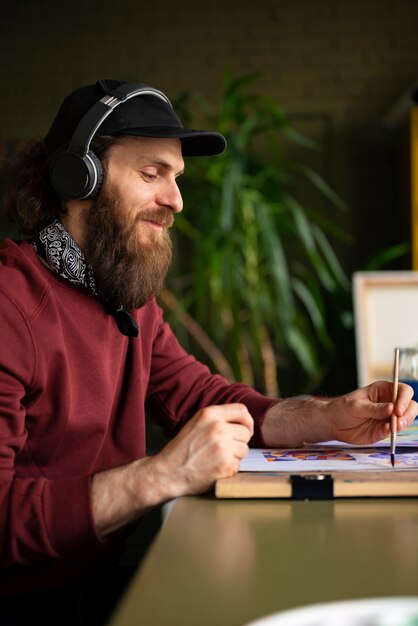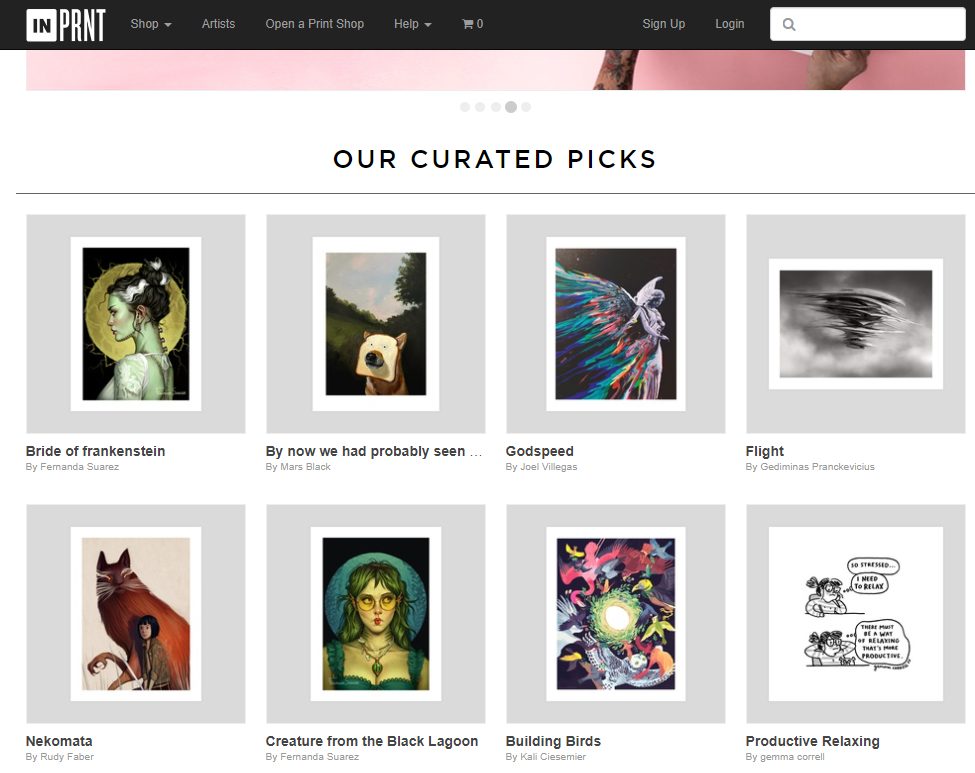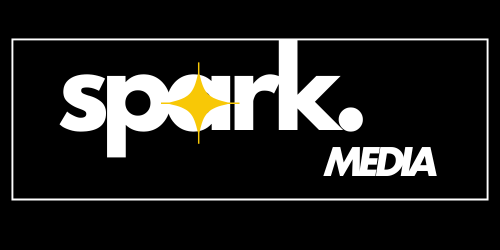Artist SEO: Showcase Your Talent to a Wider Audience Online
SEO Strategies for Artists and Creatives
In today’s digital age, having a strong online presence is crucial for artists and creatives looking to showcase their work and attract new clients or admirers. Effective Search Engine Optimization (SEO) can significantly boost your visibility and help you reach a wider audience.
Here are some key strategies to implement:
Create a User-Friendly Website:
- Ensure your website is mobile-responsive and loads quickly
- Use clear navigation to help visitors easily explore your work
- Implement an intuitive structure with categories for different art styles or mediums
Optimize Your Content:
- Write compelling, keyword-rich descriptions for each piece of art
- Create an engaging artist bio that includes relevant keywords
- Maintain a blog to share your artistic process, inspiration, and industry insights
Use Alt Text for Images:
- Add descriptive, keyword-rich alt text to all images of your artwork
- Include the title, medium, and brief description in the alt text
Leverage Long-Tail Keywords:
- Target specific phrases like “abstract oil paintings of cityscapes” or “handcrafted ceramic vases for sale”
- Use these keywords naturally in your content, titles, and meta descriptions
Create Virtual Gallery Tours:
- Offer 360-degree views of your studio or gallery space
- Provide virtual exhibition experiences to engage online visitors


Portfolio Optimization for Search Engines
Your online portfolio is the centerpiece of your digital presence. Here’s how to optimize it for search engines:
Organize Your Work:
- Create separate pages or categories for different art styles, mediums, or themes
- Use clear, descriptive URLs for each page (e.g., www.yourname.com/oil-paintings)
Optimize Image Files:
- Use descriptive, keyword-rich file names for your artwork images
- Compress images to ensure fast loading times without sacrificing quality
Implement Schema Markup:
- Use schema.org vocabulary for visual artwork to provide structured data about your pieces
- Include information like creator, date created, medium, and dimensions
Create Detailed Artwork Descriptions:
- Write unique, keyword-rich descriptions for each piece
- Include information about the inspiration, technique, and story behind the artwork
Showcase Client Testimonials:
- Feature reviews and testimonials from clients or art critics
- Include schema markup for reviews to enhance their visibility in search results

Social Media Integration for Artist SEO

Social media can significantly boost your SEO efforts and online visibility:
Choose the Right Platforms:
- Focus on visually-oriented platforms like Instagram, Pinterest, and Behance
- Maintain an active presence on art-specific social networks like DeviantArt or ArtStation
Optimize Your Profiles:
- Use consistent branding across all platforms
- Include relevant keywords in your bio and profile descriptions
Share Your Work Regularly:
- Post high-quality images of your artwork with engaging captions
- Use relevant hashtags to increase discoverability
Engage with Your Community:
- Participate in art challenges or themed posting days
- Collaborate with other artists for increased exposure
Link Back to Your Website:
- Include links to your website in your social media profiles
- Share links to specific artwork pages or blog posts on your social feeds

Local SEO for Galleries and Exhibitions

If you have a physical gallery or participate in local exhibitions, local SEO is crucial:
Google My Business Optimization:
- Claim and verify your Google My Business listing
- Keep your business information accurate and up-to-date
- Add high-quality photos of your gallery space and artwork
Local Keywords:
- Incorporate location-based keywords into your website content
- Create pages for local events or exhibitions you’re participating in
Online Directories:
- List your gallery in relevant online directories and local business listings
- Ensure your Name, Address, and Phone number (NAP) are consistent across all listings
Encourage Reviews:
- Ask satisfied clients or gallery visitors to leave reviews on Google, Yelp, or other platforms
- Respond promptly and professionally to all reviews
Local Content Creation:
- Write blog posts about local art events or collaborations
- Create content highlighting your involvement in the local art community

Art-Specific Keyword Research and Implementation
Effective keyword research is essential for improving your visibility in art-related searches:
Identify Your Niche:
- Research keywords specific to your art style, medium, or subject matter
- Use tools like Google Keyword Planner or Ubersuggest for keyword ideas
Analyze Competitor Keywords:
- Look at the keywords used by successful artists in your niche
- Identify gaps or opportunities in their keyword strategies
Use Art-Specific Terminology:
- Incorporate technical art terms and medium-specific language
- Balance these with more general terms for broader appeal
Target Collector Keywords:
- Include keywords related to art collecting or purchasing
- Use phrases like “original artwork for sale” or “limited edition prints”
Implement Keywords Naturally:
- Use your chosen keywords in titles, headings, and throughout your content
- Avoid keyword stuffing; prioritize readability and natural language

Case Study: Emma's Ethereal Art

Challenge: Low online visibility for a talented but lesser-known watercolor artist
Solution:Implemented comprehensive SEO strategy focusing on niche watercolor techniques and local art community engagement
Result: 300% increase in organic traffic to the artist’s website and 50% boost in commission requests within 4 months

